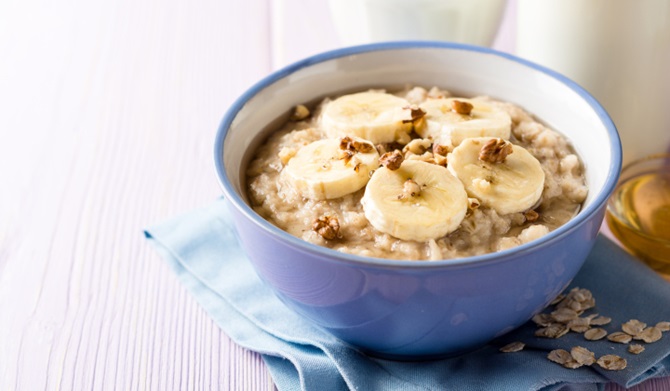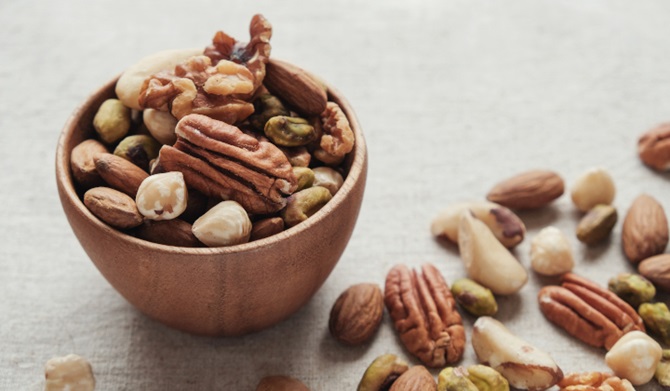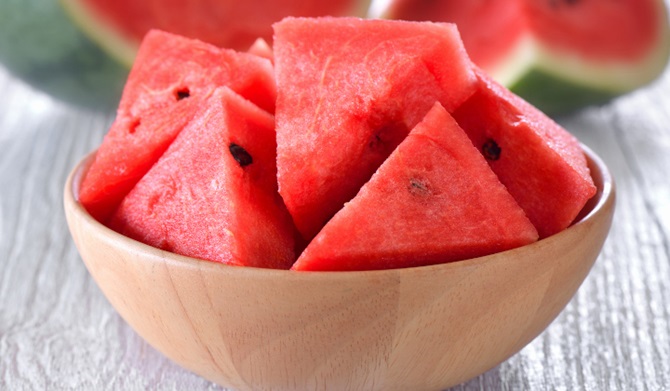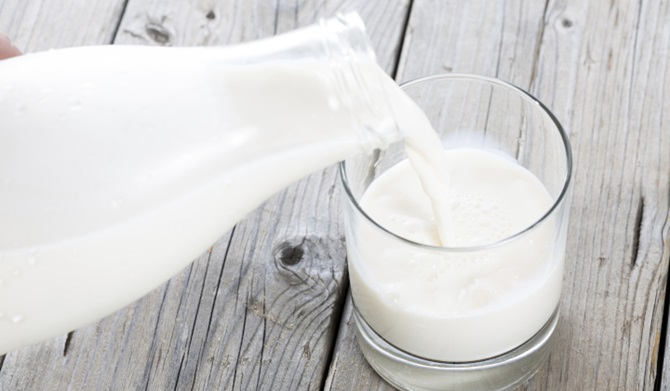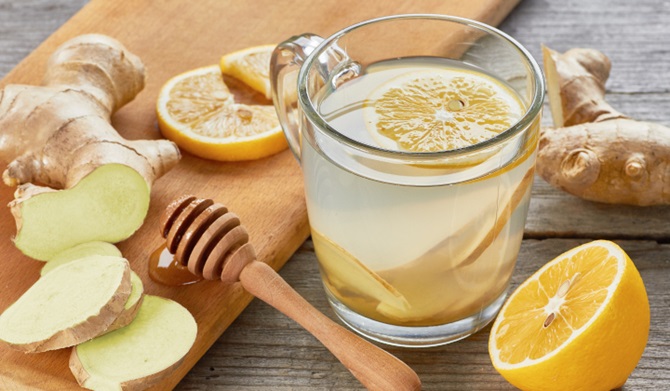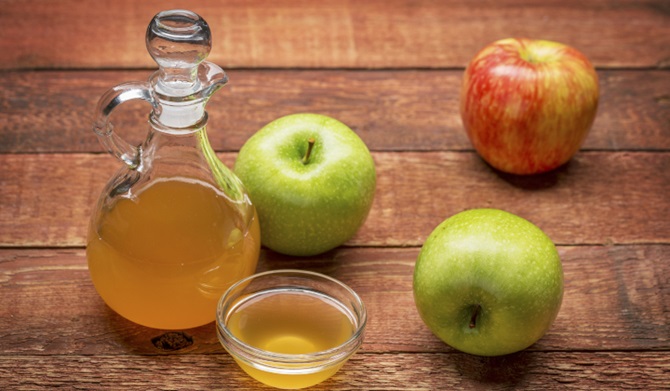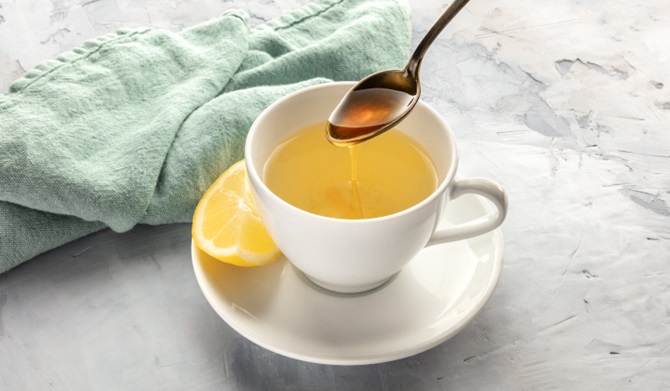What Helps Heartburn Fast
Smoking reduces the amount of saliva produced and impacts the effectiveness of the valve that keeps stomach acid from entering the esophagus, both of which make heartburn more likely. Quitting smoking can reduce the frequency and severity of acid reflux and, in some cases, even eliminate it.
Home Remedies for Heartburn: 9 Ways to Get Rid of Acid Reflux
Despite what its name implies, heartburn has nothing to do with your heart. Rather, it’s a burning sensation in your chest that occurs when stomach acid backs up into your esophagus, the 10-inch tube connecting your mouth to your stomach.
When it hits, heartburn can last for just a few minutes or as long as several hours. Either way, it’s uncomfortable — so it’s no surprise if you’re looking for a way to get rid of the sensation fast.
What causes heartburn and what does it feel like exactly?
According to the American College of Gastroenterology, stomach acid is needed to break down the food you eat, something your stomach has no trouble handling. Your esophagus, on the other hand, is irritated by it.
To keep stomach acid (and digesting food) in your stomach and out of your esophagus, a circular ring of muscle at the tube’s base, called the lower esophageal sphincter, acts as a valve. When this valve is relaxed, food you’ve consumed is allowed to pass through to your stomach. When contracted, this valve prevents this food and acid from backing up into your esophagus.
If this valve relaxes abnormally and stomach acid is allowed to travel back into your esophagus, acid reflux occurs. Heartburn is the most well-known and obvious symptom.
Patients, too, are unhappy with the care they receive during those brief interactions with their doctors. Healthcare communications company West Corporation reported that 25% of patients don’t feel that their provider cares about them as an individual and nearly 20% aren’t convinced their doctor is focused on improving their health – even though 93% of doctors strongly agree that patient satisfaction is important.
It can feel differently depending on its severity, but heartburn symptoms include:
- A burning sensation in your chest, behind your breastbone
- Burning pain that rises up toward your throat
- Having a bitter or sour taste in your mouth
Acid reflux and heartburn are sometimes caused by an underlying medical condition, or even a medication you’re taking in some cases. But, more often than not, they’re triggered by things like your diet and lifestyle choices — making the occasional bout of heartburn fairly common.
Common triggers of heartburn include:
- Overeating or eating too quickly
- Lying down too soon after eating
- Consuming certain foods, including caffeine, carbonated beverages, alcohol, peppermint, citrus, tomato-based products, chocolate and fatty or spicy foods
- Being overweight
- Smoking
- Stress and anxiety
9 home remedies for heartburn
If you’re trying to avoid acid reflux or get rid of heartburn fast, here are nine ways to ease — maybe even prevent — your symptoms:
1. Keep a food journal and avoid trigger foods
As mentioned, certain foods and drinks can trigger acid reflux and heartburn. You can help identify the specific foods most likely to give you issues by keeping a food and symptom log. Once you do identify them, avoid these foods and drinks whenever possible.
2. Resist the urge to overeat or eat quickly
When it comes to preventing heartburn, watching portion sizes at meals can go a long way. Having a large amount of food in your stomach may put more pressure on the valve that keeps stomach acid out of your esophagus, making acid reflux and heartburn more likely. If you’re prone to heartburn, consider eating smaller meals more frequently. Eating quickly can also be a trigger of heartburn so be sure to slow down and take time to chew food and drink beverages.
3. Avoid late meals, snacking before bed and eating before exercising
Laying down with a stomach full of food can trigger acid reflux and make heartburn symptoms worse. Avoid eating within 3 hours of your bedtime so your stomach has plenty of time to empty. You may also want to wait at least two hours before exercising.
4. Eat alkaline foods, like a ripe banana
The high potassium content of a banana makes it a fairly alkaline food. And, according to the Academy of Nutrition & Dietetics, this means it may help counteract the stomach acid irritating your esophagus.
A disclaimer, though: Unripe bananas are less alkaline, starch-heavy and may actually be an acid reflux trigger for some people. So be sure to choose a banana that’s ripe.
Other alkaline foods that may help offset heartburn include melons, cauliflower, fennel and nuts.
5. Wear loose-fitting clothing
If you’re prone to heartburn, tight-fitting belts and clothing that squeeze your belly may be contributing to your symptoms.
6. Adjust your sleep position
Elevating your head and chest higher than your feet as you sleep can help prevent and ease acid reflux and heartburn. You can do this using a foam wedge placed under the mattress or by raising bedposts using wood blocks. Beware of piling pillows, as this usually isn’t effective and may even make your symptoms worse. Additionally, sleeping on your left side is thought to aid digestion and may work to limit stomach acid reflux.
7. Take steps to lose weight if you are overweight
Excess weight puts extra pressure on your stomach, increasing your risk of acid reflux and heartburn. Eating a well-balanced diet and getting 150 minutes of physical activity per week are the first two steps to maintaining a healthy weight and losing excess weight.
8. Stop smoking if you smoke
Smoking reduces the amount of saliva produced and impacts the effectiveness of the valve that keeps stomach acid from entering the esophagus, both of which make heartburn more likely. Quitting smoking can reduce the frequency and severity of acid reflux and, in some cases, even eliminate it.
9. Reduce stress
Chronic stress takes a physical toll on your body, including slowing digestion and making you more sensitive to pain. The longer food sits in your stomach, the more likely stomach acid is to reflux. Additionally, having an increased sensitivity to pain can make you feel the burning pain of heartburn more intensely. Taking steps to reduce stress may help prevent or ease the effects of acid reflux and heartburn.
What to do if heartburn is severe or frequent
For mild, occasional heartburn, over-the-counter medications such as antacids and histamine blockers can help relieve symptoms. Always read the product label before taking an antacid or histamine blocker and never take a larger dose or take doses more frequently than directed.
If you’re experiencing heartburn frequently, consult your doctor before taking heartburn medications regularly since these drugs can interfere with many other medications and affect underlying health conditions you may have.
If you have severe heartburn, as well as if it persists or worsens after taking steps to relieve it, consult your doctor. In some cases, heartburn can be a sign of an underlying condition, such as gastroesophageal reflux disease (GERD), or possibly a side effect of a medication you’re taking.
GERD Diet: Foods That Help with Acid Reflux (Heartburn)
Getting a case of acid reflux (heartburn) once in a while isn’t unusual, but some people suffer from burning discomfort, bloating and belching almost every time they eat. About 20% of the population has gastroesophageal reflux disease (GERD), a chronic acid reflux condition that’s diagnosed by a doctor.
Normally, the esophageal sphincter (a muscular tube that lets food pass into the stomach and then cinches shut to block it from coming back up) protects the esophagus from stomach acid. However, if the sphincter relaxes, food can push upward through the loosened opening and cause acid reflux.
“Diet plays a major role in controlling acid reflux symptoms and is the first line of therapy used for people with GERD,” says Ekta Gupta, M.B.B.S., M.D., gastroenterologist with Johns Hopkins Medicine.
Foods That May Cause Heartburn
Foods commonly known to be heartburn triggers cause the esophageal sphincter to relax and delay the digestive process, letting food sit in the stomach longer, says Gupta. The worst culprits? Foods that are high in fat, salt or spice such as:
- Fried food
- Fast food
- Pizza
- Potato chips and other processed snacks
- Chili powder and pepper (white, black, cayenne)
- Fatty meats such as bacon and sausage
- Cheese
Other foods that can cause the same problem include:
- Tomato-based sauces
- Citrus fruits
- Chocolate
- Peppermint
- Carbonated beverages
“Moderation is key since many people may not be able to or want to completely eliminate these foods,” says Gupta. “But try to avoid eating problem foods late in the evening closer to bedtime, so they’re not sitting in your stomach and then coming up your esophagus when you lay down at night. It’s also a good idea to eat small frequent meals instead of bigger, heavier meals and avoid late-night dinners and bedtime snacks.”
Foods That Help Prevent Acid Reflux
Good news: There are plenty of things you can eat to help prevent acid reflux. Stock your kitchen with foods from these three categories:
High-fiber foods
Fibrous foods make you feel full so you’re less likely to overeat, which may contribute to heartburn. So, load up on healthy fiber from these foods:
- Whole grains such as oatmeal, couscous and brown rice.
- Root vegetables such as sweet potatoes, carrots and beets.
- Green vegetables such as asparagus, broccoli and green beans.
Alkaline foods
Foods fall somewhere along the pH scale (an indicator of acid levels). Those that have a low pH are acidic and more likely to cause reflux. Those with higher pH are alkaline and can help offset strong stomach acid. Alkaline foods include:
Watery foods
Eating foods that contain a lot of water can dilute and weaken stomach acid. Choose foods such as:
- Celery
- Cucumber
- Lettuce
- Watermelon
- Broth-based soups
- Herbal tea
Heartburn Home Remedies
People with heartburn commonly reach for antacids, over-the-counter medications that neutralize stomach acid. But eating certain foods may also offer relief from symptoms. Consider trying the following:
Milk
Does milk help with heartburn? “Milk is often thought to relieve heartburn,” says Gupta. “But you have to keep in mind that milk comes in different varieties — whole milk with the full amount of fat, 2% fat, and skim or nonfat milk. The fat in milk can aggravate acid reflux. But nonfat milk can act as a temporary buffer between the stomach lining and acidic stomach contents and provide immediate relief of heartburn symptoms.” Low-fat yogurt has the same soothing qualities along with a healthy dose of probiotics (good bacteria that enhance digestion).
Ginger
Ginger is one of the best digestive aids because of its medicinal properties. It’s alkaline in nature and anti-inflammatory, which eases irritation in the digestive tract. Try sipping ginger tea when you feel heartburn coming on.
Apple cider vinegar
While there isn’t enough research to prove that drinking apple cider vinegar works for acid reflux, many people swear that it helps. However, you should never drink it at full concentration because it’s a strong acid that can irritate the esophagus. Instead, put a small amount in warm water and drink it with meals.
Lemon water
Lemon juice is generally considered very acidic, but a small amount of lemon juice mixed with warm water and honey has an alkalizing effect that neutralizes stomach acid. Also, honey has natural antioxidants, which protect the health of cells.
How a Doctor Can Help
If you have heartburn two or more times a week and changes to your diet or eating pattern haven’t helped, consult a doctor. A gastroenterologist (a doctor who specializes in the digestive system) can perform tests to measure the acidity in your stomach and see if frequent acid reflux has damaged your esophagus.
GERD is often treatable through a combination of lifestyle changes and medication. But persistent symptoms of reflux need thorough evaluation by a gastroenterologist who can find the underlying cause and discuss available treatment options.
The Johns Hopkins Heartburn Center
GERD is an ongoing condition that often requires more attention than over-the-counter treatments can offer. The Heartburn Center at Johns Hopkins Medicine provides personalized care to help patients find relief.
Find a Doctor
- Anti-Reflux Surgery
- Gastroesophageal Reflux Disease
- Barrett’s Esophagus
- Heartburn
At Another Johns Hopkins Member Hospital:
- Howard County General Hospital
- Sibley Memorial Hospital
- Suburban Hospital
Find a Treatment Center
- Gastroenterology and Hepatology
- The Heartburn Center
Find Additional Treatment Centers at:
- Howard County General Hospital
- Sibley Memorial Hospital
- Suburban Hospital


